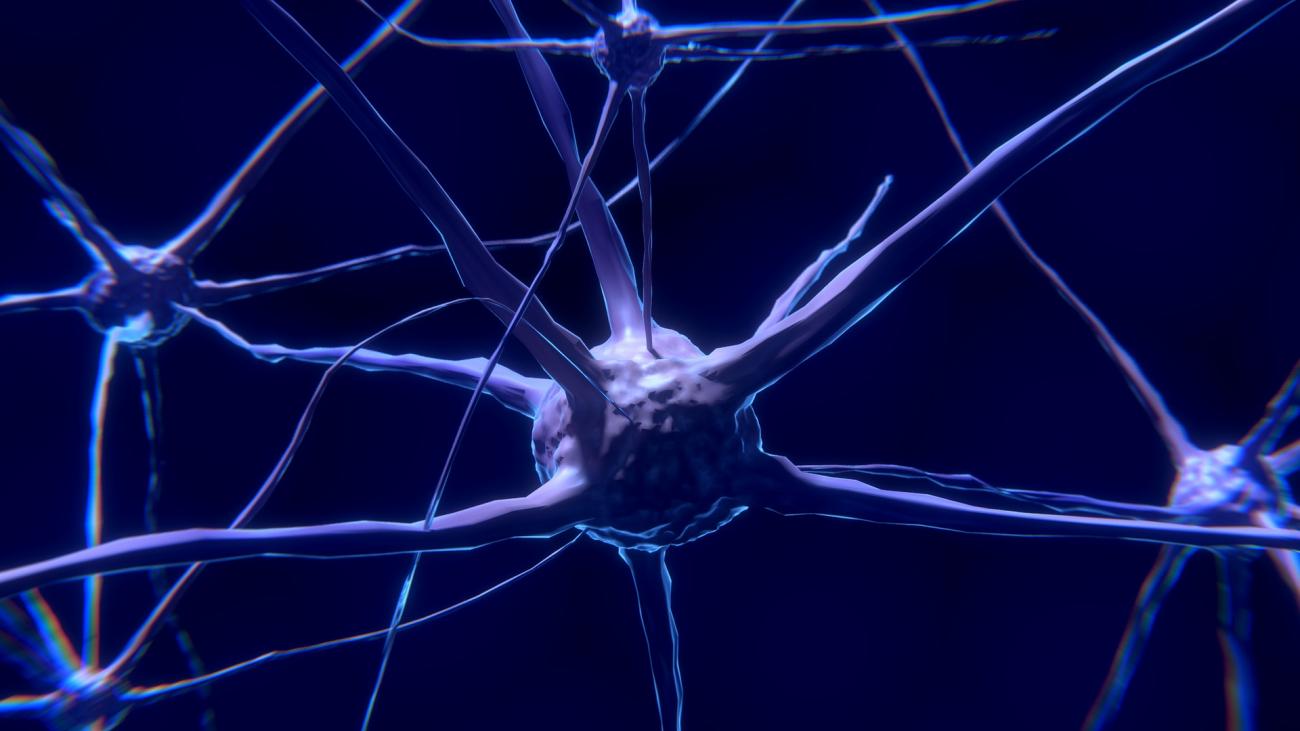Activity-dependent genetic feedback in brain circuits and disorders
Mental functions involve coordinated activities among specific groups of neurons, or neuronal ensembles, that are embedded in complex brain circuits. The landscape of this internal circuit configuration is established through genetic instruction during development and modified with postnatal experience and activity. To identify the molecular basis of functional neuronal ensembles, we have been investigating activity-regulated gene expression patterns in brain circuits. Particularly, we have studied a synaptic molecule Arc, because the expression of Arc gene is induced by neural activity in postnatal telencephalic projection neurons and Arc protein interacts with postsynaptic receptors and adaptors. Furthermore, genetic mutations in Arc pathway and altered Arc expression in frontal cortex have been associated with neurodevelopmental psychiatric disorders such as schizophrenia. We have established molecular genetics and optical imaging approaches in mice that use Arc as a cellular marker to track active neuronal ensembles in frontal circuits during learning and development, and as a molecular probe to modulate neuronal functions and behavior. Our research has demonstrated that Arc expression patterns carry behavioral task-specific information, regulate persistent firing of frontal cortical neurons, and predict the consolidation of neuronal ensembles during learning. By examining Arc expression pattern changes during postnatal development, we have further uncovered a role of dopaminergic inputs in regulating activity-dependent amplification of Arc expression in frontal circuits. Lastly, we found that while Arc genetic disruption in mice does not affect general health and lower-level sensorimotor behaviors, it causes imbalance of fronto-striatal dopamine systems and cognitive dysfunctions. Our research demonstrates the importance of an activity-dependent genetic feedback pathway in neuronal ensemble functions and provide neurobiological basis for human genetic association of the Arc pathway in neuropsychiatric disorders. These discoveries may set the direction for future research in activity-guided circuit modulation and functional repair of neuropsychiatric deficits.
This event is open to the public.



